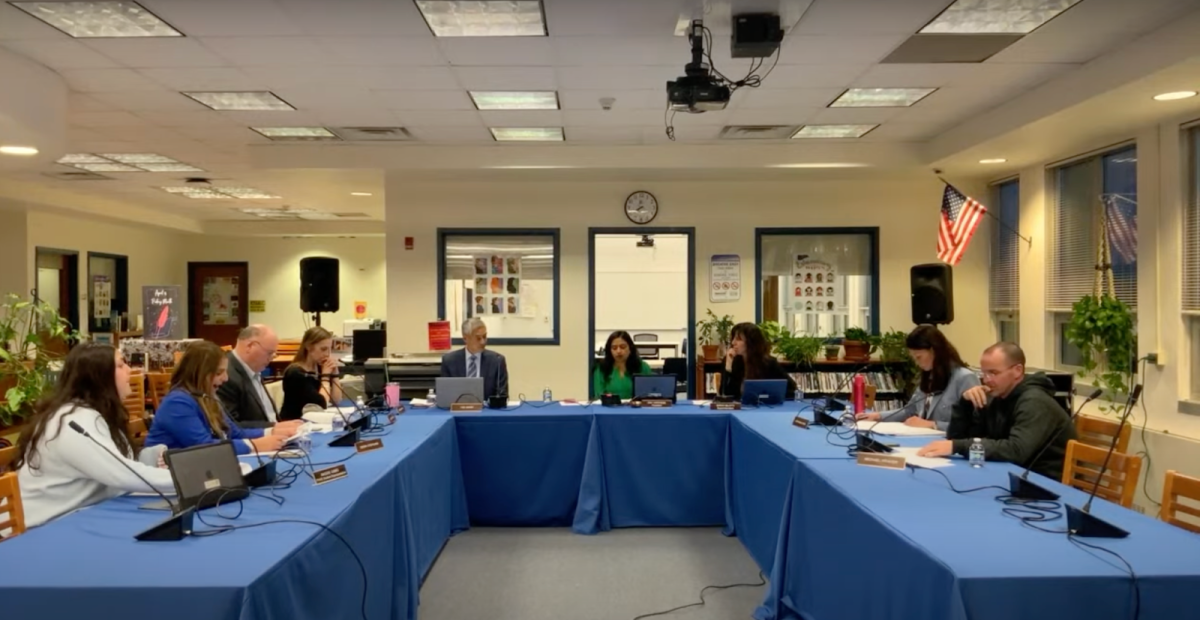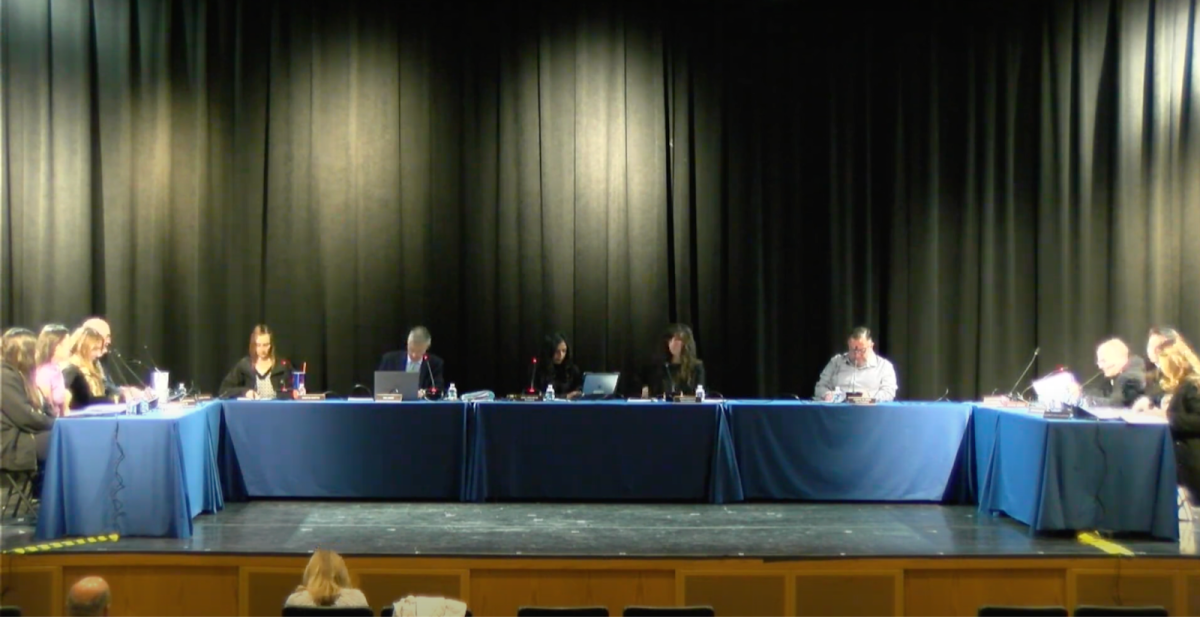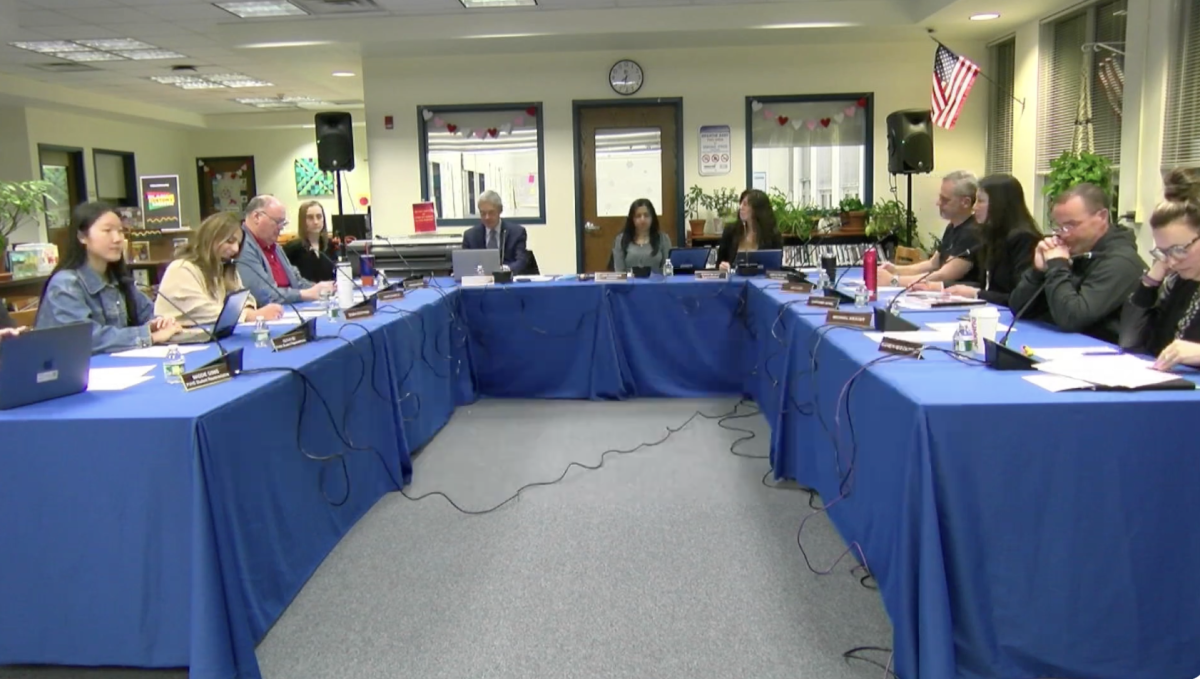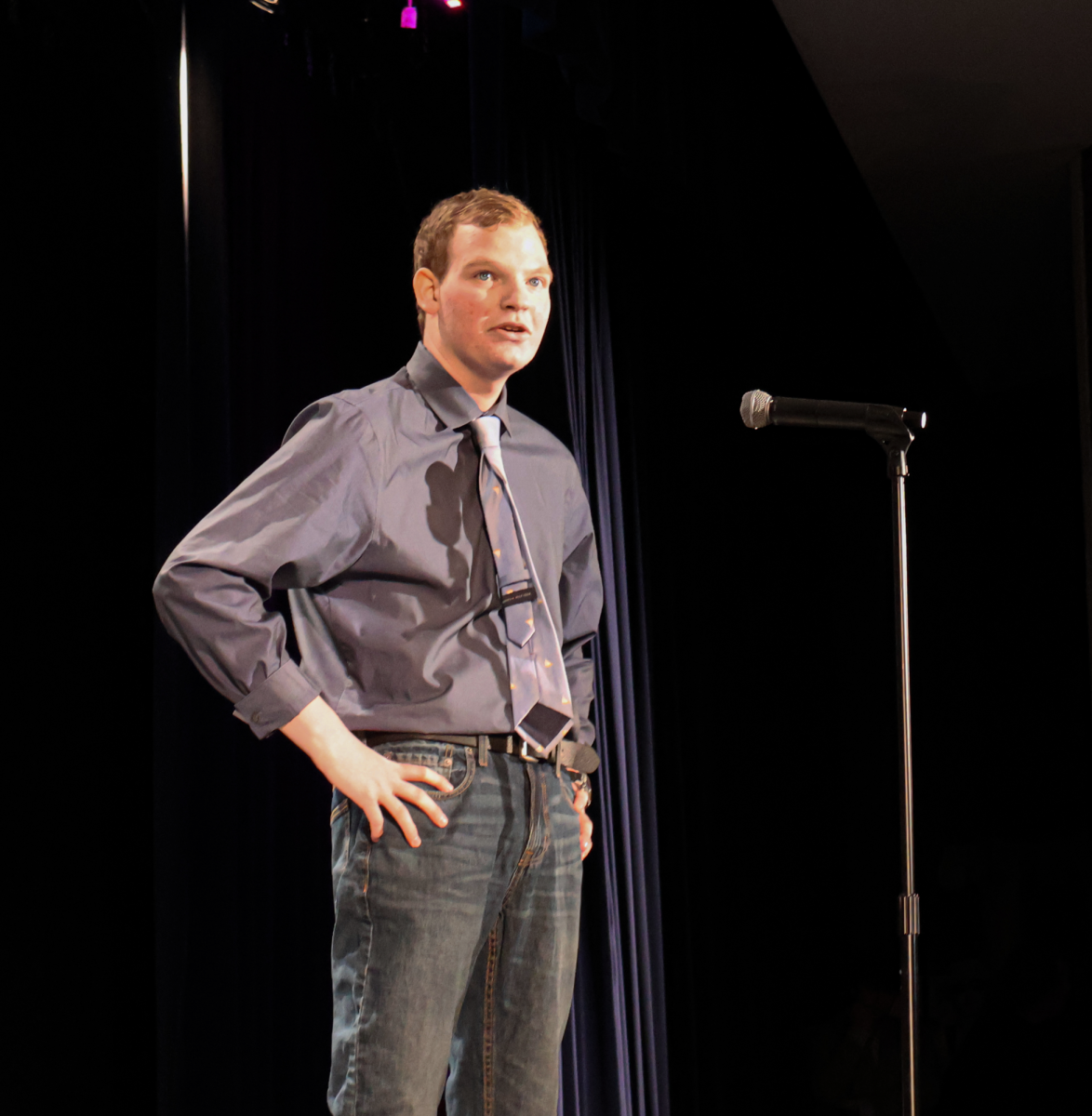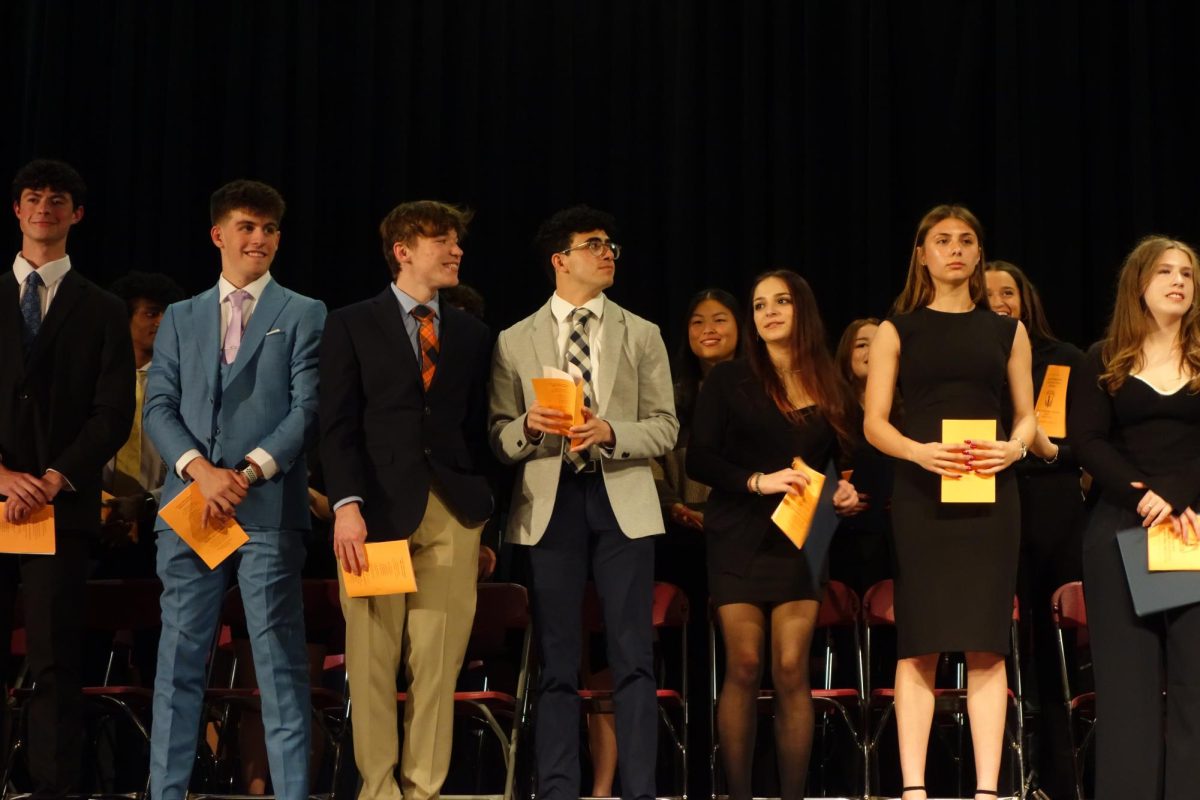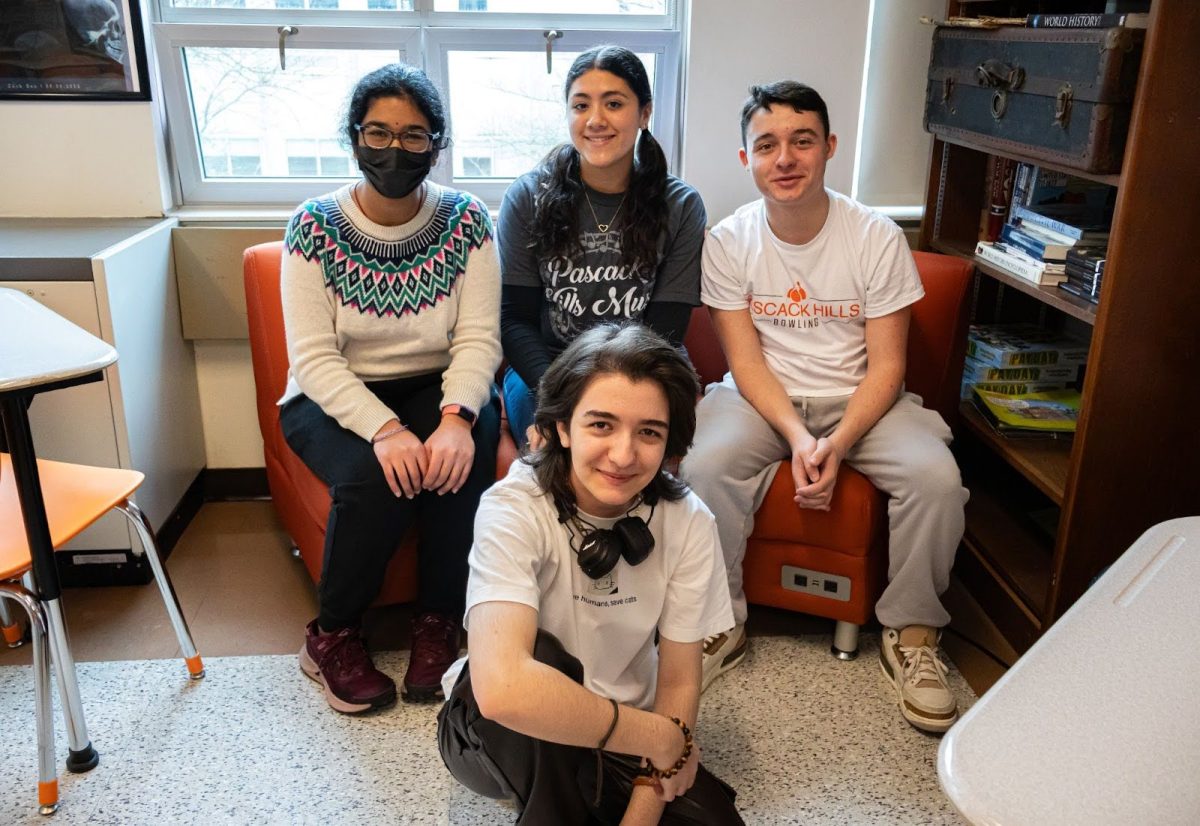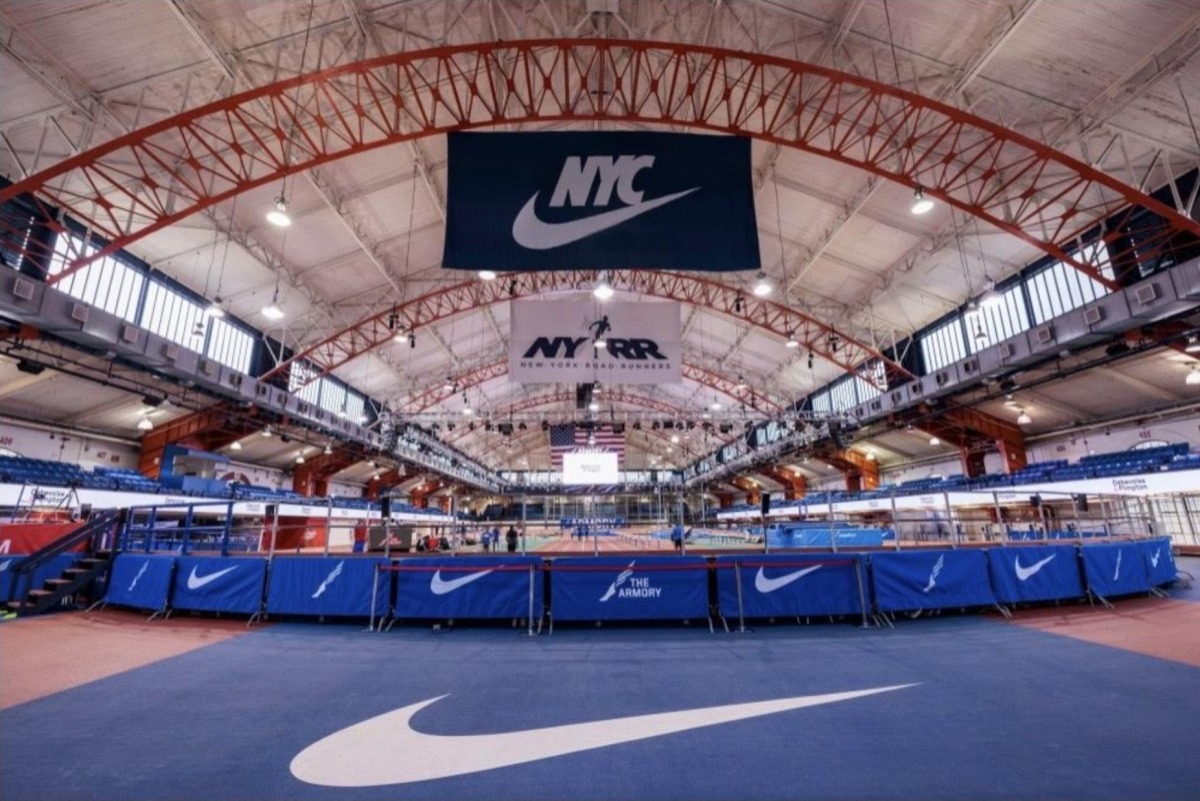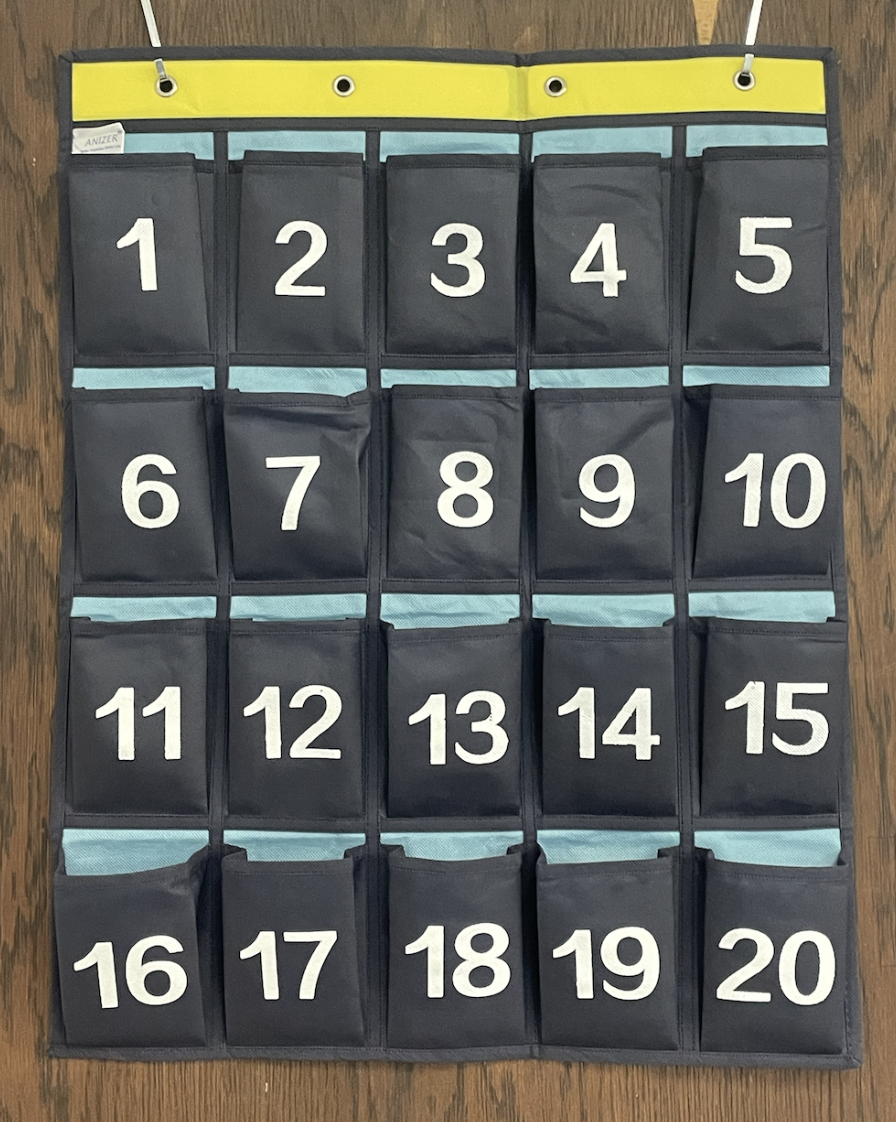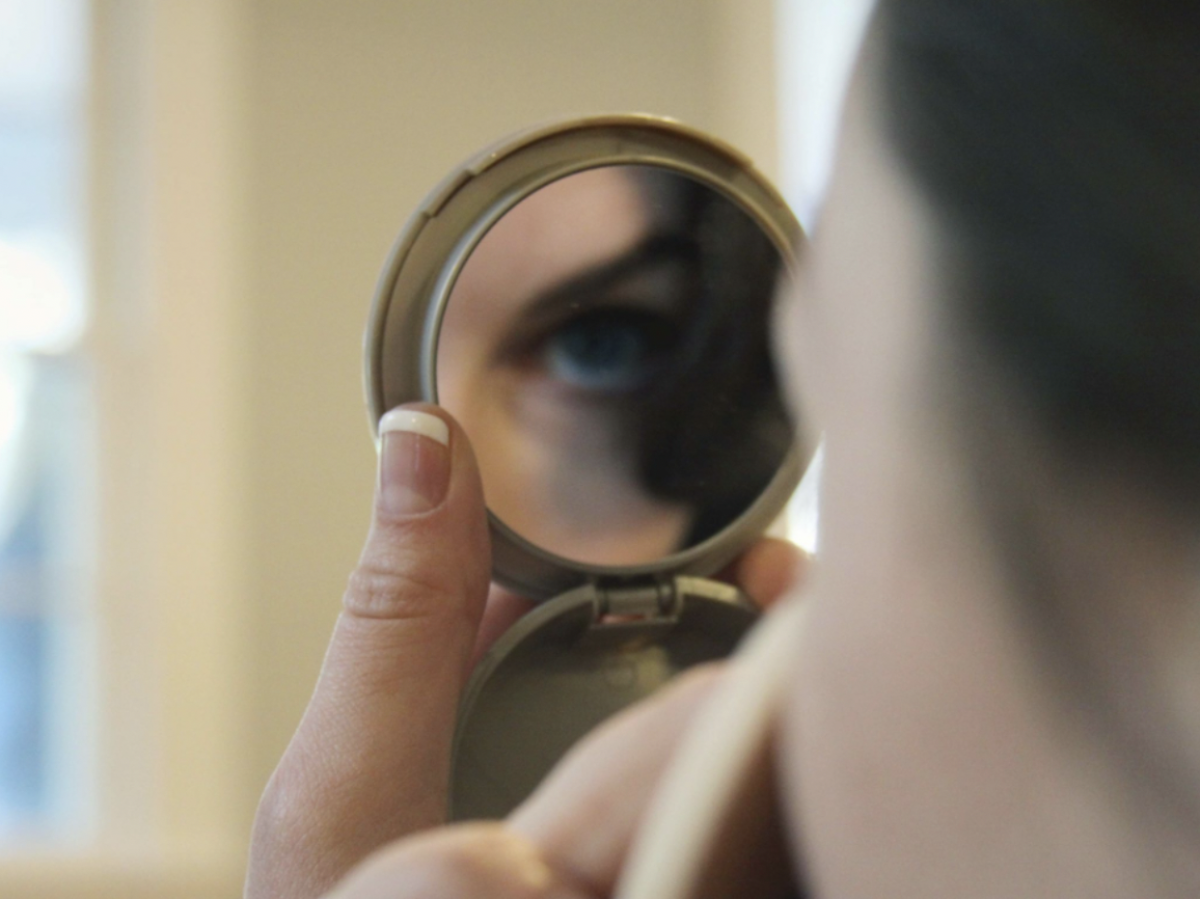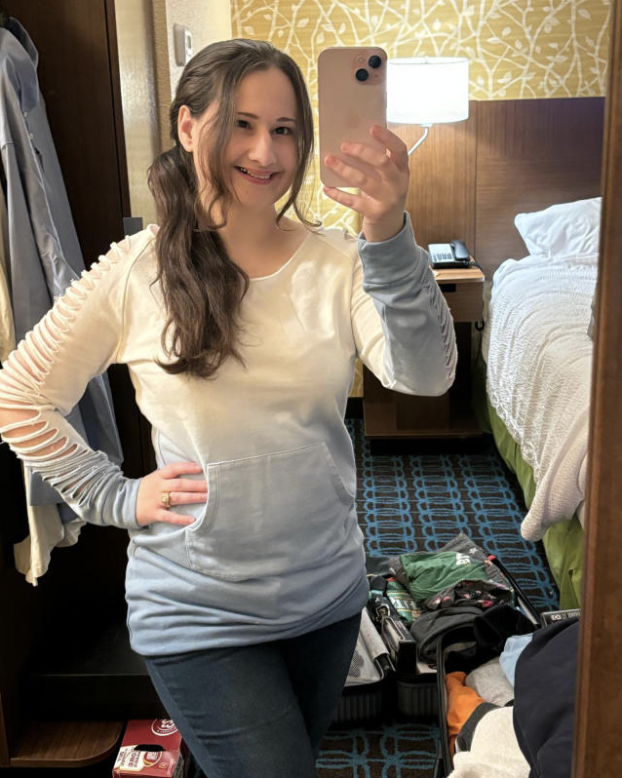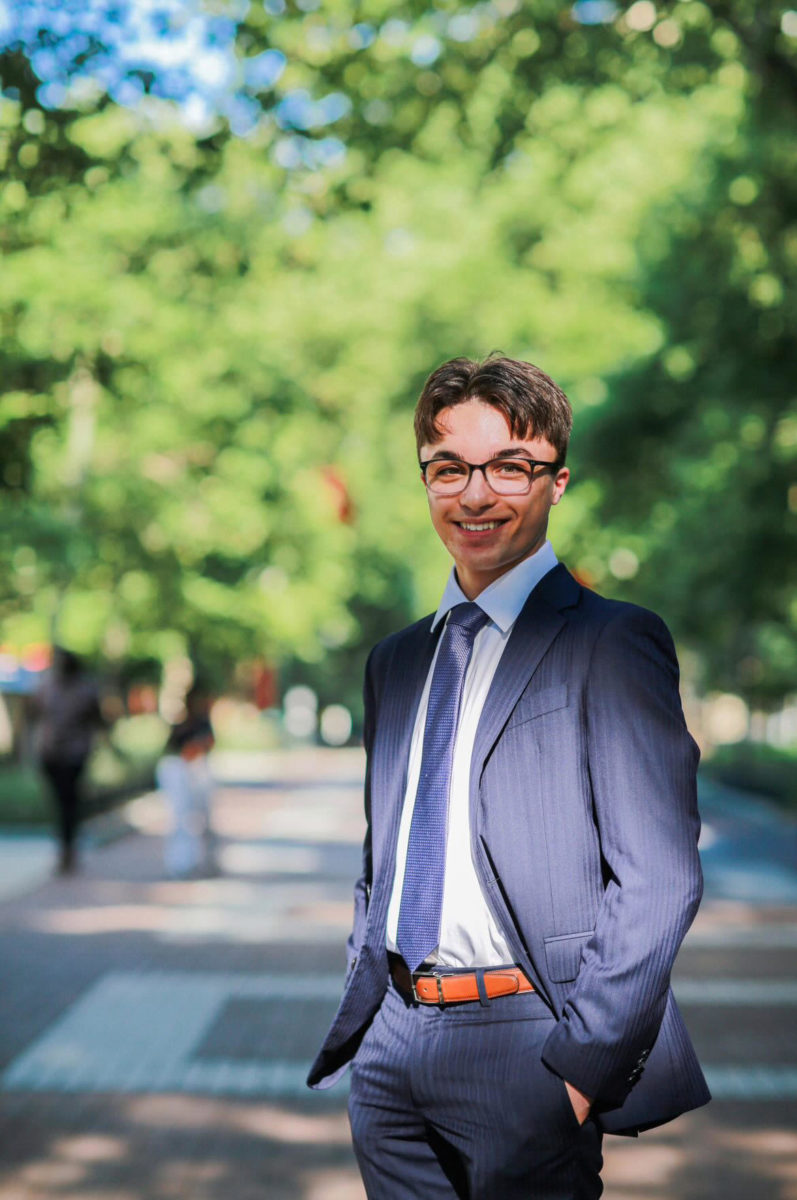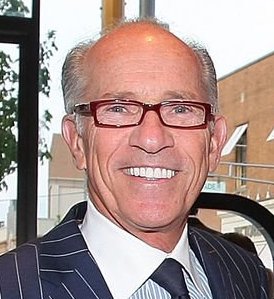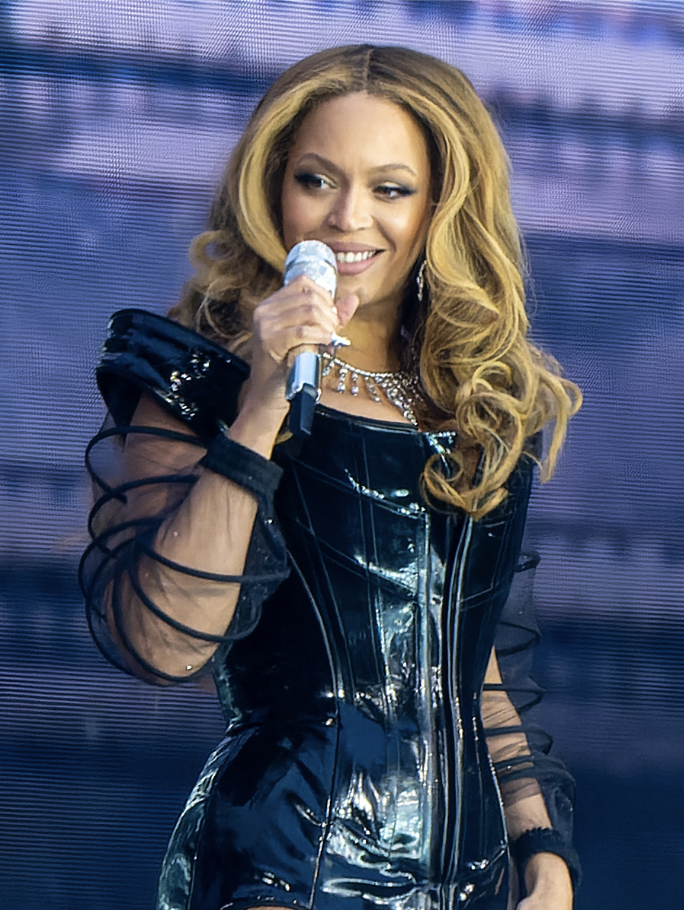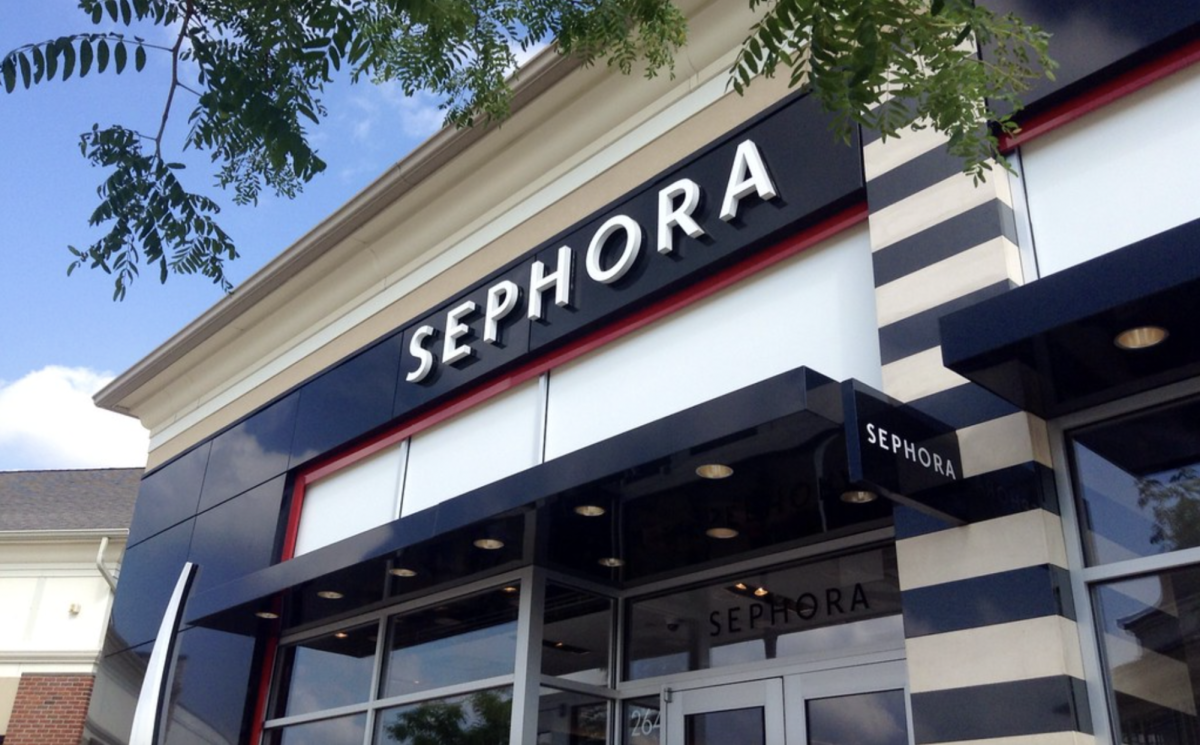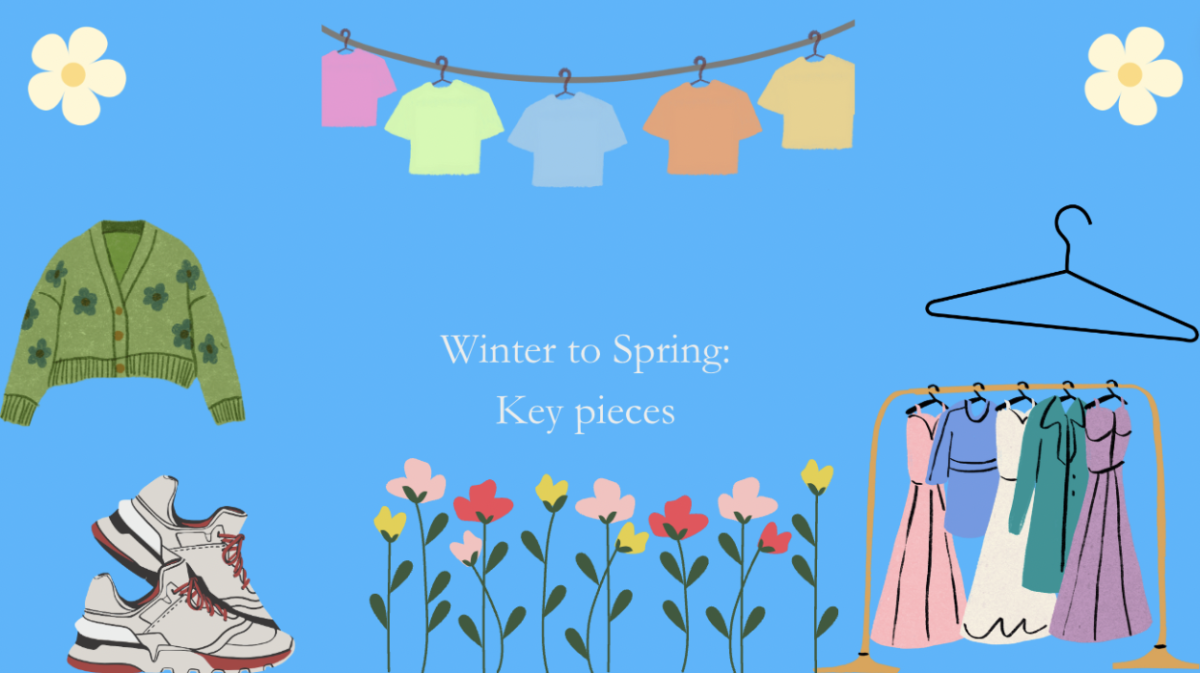Are little kids “taking over” Sephora? Over the past few months, a new trend among young children has arisen—splurging money at Sephora. While numerous trends in social media pass and go, this one in particular shows no signs of fading anytime soon. Initially perceived as a harmless fad among trend-chasing youth, the Sephora craze could be creating a much larger issue than previously expected.
Sephora, a multi-billion dollar beauty and personal care retail brand, has risen in popularity over the past few years with its constant carrying of high-end products, iconic store interior, and good customer service. However, despite its respected reputation, the tides have recently turned for this beauty brand.
Tween girls, otherwise known as “Sephora Kids,” have found their way into the retail store, with many calling this an invasion. These girls, mostly under the age of 12, have been seen flooding Sephora stores, only to grab the latest products to post videos of their hauls and beauty routines online, much like the influencers they follow.
Contrasting views
Innocent as this may seem, the issue has sparked heated debates online, with many users on Tik Tok and Instagram expressing their two cents on the subject. On the more dominant side, users have claimed that this new trend has brought widespread chaos to Sephora stores nationwide and must come to an end.
Many of their complaints have regarded young tweens messing up stores, trashing makeup displays, making “tester smoothies” by mixing random products together, and leaving large clutters for employees to clean up.
This so-called blatant disregard from children is not limited to stores themselves; stories on social media have detailed that tweens are also bullying Sephora employees. Accounts of this include little girls going to extreme lengths, such as using bad language, talking down to employees, and even “snatching” products from staff and other customers.
“You see these kind of mean girl antics from these 10-year-olds,” said Sequoia Cothran, a Sephora employee from Tennessee, telling Fox News Digital.
“It’s this aggressive demeanor towards older people,” Cothran continued, “This level of disrespect that you’ve never seen from a child to a woman. Like they just simply do not care.”
These “Sephora Kids” have also lately been called out for displaying rude attitudes toward their own parents, especially when not getting what they want. Social media users have blamed parents for excusing this bad behavior and still allowing their children to purchase products that amount to thousands of dollars.
In one viral Tik Tok video with over 35 million views, another Sephora employee described her experience checking out a little girl who attempted to purchase $900 worth of makeup and skin care products. After the girl’s mother intervened and told her to remove something from her basket, according to the employee, the little girl “lost her mind” and exclaimed, “I am not taking anything out.”
Thousands of other staff members and Sephora customers have shared similar experiences. Spoiled, entitled, and disrespectful are just a few words delineating these little kids across social media, which brings up the question, are people right to judge these kids? Or is this just an overreaction by the media?
For some, their belief is that beauty stores should be available to all people, young and old. This way, even tweens can have the opportunity to express themselves, be curious, and celebrate their own uniqueness through the products purchased.
Rather than attacking little kids’ behavior, some users believe that the focus should be on creating environments where everyone feels welcome, educating both young and adult shoppers on respectful behavior in stores, and have even suggested creating sections for young people as a possible solution.
Who is to blame?
However, as conversations persist about the “Sephora Kids,” supporters of children being present in these stores have been significantly outnumbered by those arguing for the absence of young individuals from the premises. In this debate, a major question arises: Who is responsible for this Sephora craze?
Are the parents to blame? Some of the most popular products retailing at Sephora among tweens include Drunk Elephant’s moisturizers, Glow Recipe’s Watermelon serums, and Dior’s Lip Glow Oils. The moisturizers from Drunk Elephant, in particular, have ranged from $60 to nearly $100.
It’s clear by the cost of these products that parents are where most of the money must come from for these children. By letting them easily purchase expensive products and condoning their alleged rudeness in stores, are the “Sephora Kids” parents truly setting good examples for their children? People have taken to social media to question who the parents actually are in these situations. It seems like the kids are the ones in charge.
Are the children at fault? After all, they’re the ones undeniably causing the damage and chaos in Sephora stores. These tweens fall between the ages of 8 and 12, suggesting that they’re old enough to have some level of understanding and accountability. So, shouldn’t they be old enough to know better? With the influence of social media and modern parenting, some argue that these kids have been allowed too much freedom and take things for granted.
Should we blame influencers? Considering popular makeup and beauty creators are the ones who prompted children to buy these products, they bear some responsibility in this controversy. Many users on social media have expressed that this new “influencer culture” and the desire of young children to look like the people they view on social media has been increasingly concerning.
While some believe that influencers should change their ways to avoid marketing Sephora products to young people, others have testified that many influencers may not even know that their main audience consists of tweens.
The effects
The impact this craze will have on the “Sephora Kids” poses an even greater question. Peer pressure and the weight of expectations that children experience today has been greatly intensified by the hype surrounding Sephora. As the trend continues, more and more children are feeling compelled to participate in buying pricey products, and constant exposure on social media to beauty content may push little girls to conform to standards sometimes unattainable. This can lead to developing insecurities, lack of confidence, and drops in self-esteem.
Another large concern is the harm most products are doing to the skin of young kids. While products like retinol and exfoliating acids are marketed online toward adults, many tweens will still buy these products without realizing how damaging they can be to their skin barriers. Multi-step skin care routines using dozens of products can be overly harsh for a child’s face and lead to irritation, acne, and other issues.
Javon Ford, a cosmetic chemist based in Los Angeles, sums this up saying, “First, people often waste a lot of money on pricey formulations that don’t offer benefits to young skin. And once applied, the active ingredients contained in those beautifully packaged creams and serums might do more harm than good.”
Final thoughts
It’s in a child’s nature to mimic the behaviors and actions seen of older adults and influences. Kids are growing up much quicker these days and picking up on habits they see online, good and bad. While past generations may have looked up to actors and actresses they viewed on popular tv shows, for many members of this new generation, influencers are the new entertainers.
“Kids are not going through that pre-teen awkward phase anymore…they’re going straight into adulthood and that’s all due to social media’s influence,” said Youtuber July Rubie in her video titled “‘SEPHORA KIDS’ have broken the internet and their youth.”
Overall, the Sephora matter stands as a significant and wide-ranging issue, stirring up numerous debates, raising questions about accountability, and prompting discussions on its potential impact on the future. What are your perspectives on this topic? Let us know in the comments!
Sources:
https://www.familidoo.com/blogs/news/the-psychological-factors-influencing-the-sephora-kids-incident
https://www.cnn.com/2024/01/12/style/tweens-skin-care-wellness/index.html
https://www.cbc.ca/news/canada/sephora-kids-trend-controversy-1.7088691


